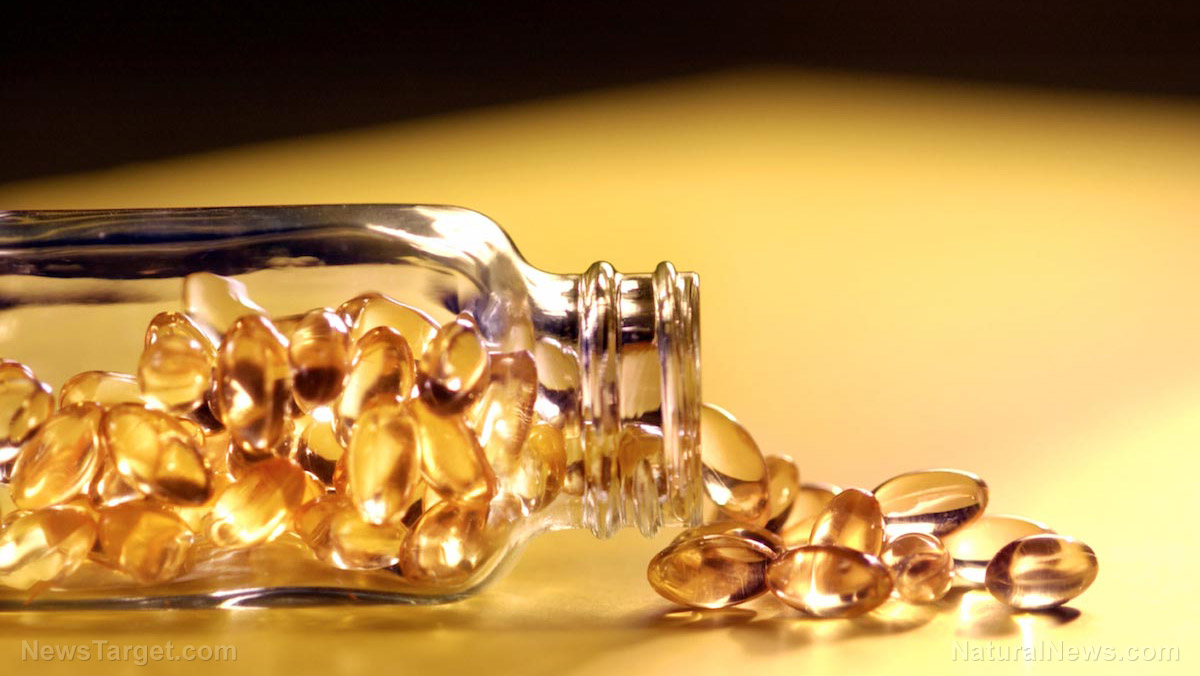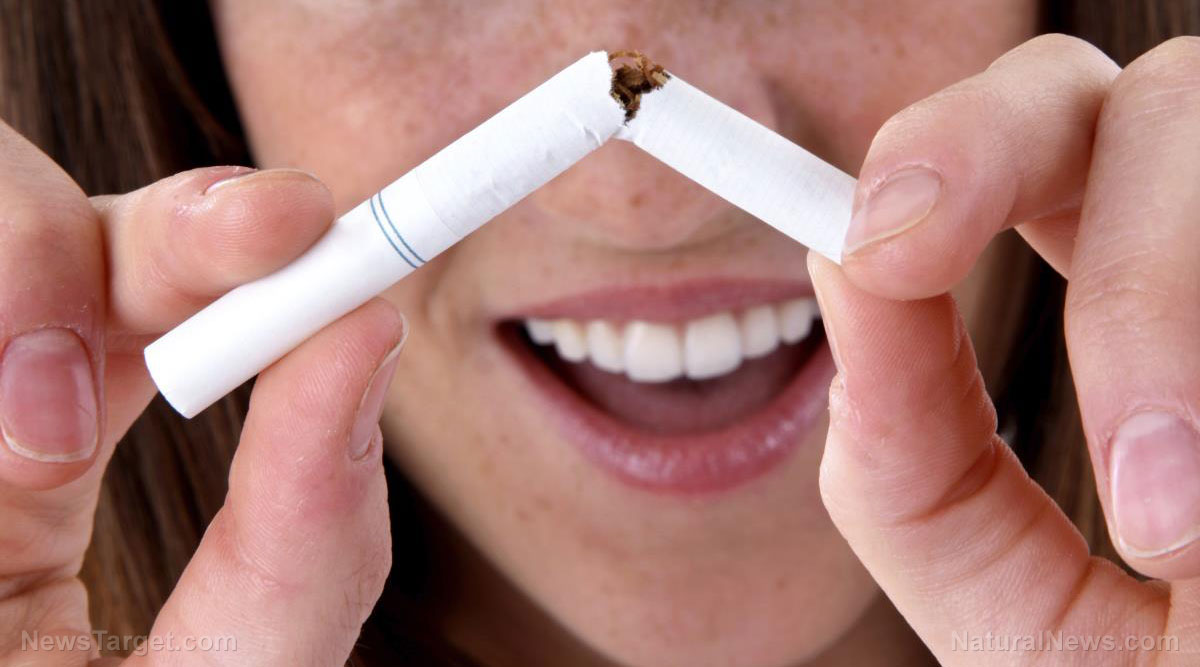Can pumpkin seed extract help relieve the symptoms of enlarged prostate?
10/21/2019 / By Janine Acero

Men who are suffering from a condition called benign prostatic hyperplasia (BPH) or enlarged prostate may find relief from their symptoms with the humble pumpkin seed, according to a study published in the Journal of Medicinal Food.
European researchers investigated the effects of a supplement containing pumpkin seed extract on the symptoms of BPH. Marketed by Frutarom Health under the name Go-Less Men, the supplement is derived from the defatted pumpkin seeds of Cucurbita pepo L. ssp. pepo var. styriaca and manufactured using a water-ethanolic extraction solvent and a proprietary decontamination procedure (EFLA Hyperpure). The oil-free pumpkin seed extract is said to contain a unique combination of cucurbitin and polyphenols.
Led by urologist Dr. Martin Leibbrand, the study involved 60 men with moderate or severe symptomatic BPH who were asked to take 500 mg of the pumpkin seed extract every day for three months. At the end of the study, the researchers reported that 35.7 percent of the participants experienced improvements in their symptoms from moderate or severe to mild.
The supplement also reduced nocturia and post-void residual urine volume. The latter is a symptom of urinary retention or the inability to completely empty the bladder, which is associated with prostate enlargement.
Frutarom Health product manager Moran Werner Saido said that most cases of BPH with mild to moderate symptoms are only monitored through annual checkups but not actively treated.
“During this phase, the use of phytotherapeutics, such as pumpkin seeds extract to support bladder function, may be opportune,” Saido said.
How do pumpkin seeds help the prostate?
Zinc is a crucial mineral that supports normal prostate function. In fact, a healthy prostate has the highest level of zinc in the body.
Pumpkin seeds are rich in zinc. One cup provides almost half the recommended daily allowance (RDA). Although more studies are needed to solidify the connection, making pumpkin seeds a regular part of your diet may help keep your zinc levels optimal, thereby helping your prostate function normally. (Related: Guys: raise your testosterone levels naturally by eating more pumpkin seeds.)
Fast facts on BPH
BPH is a common age-related condition that affects half of men between the ages of 51 and 60, and up to 90 percent of men aged 80 and above.
As the prostate enlarges, it presses against the urethra. The bladder wall becomes thicker, making the urethra narrower. The bladder may weaken over time and lose the ability to empty itself fully (urinary retention), which can adversely affect the quality of life.
As its name suggests, BPH is not cancerous, but it is possible for it to develop alongside prostate cancer.
Foods to avoid for prostate health
While you can eat healthful foods every day, to maintain a healthy prostate, you also need to avoid or limit your intake of the following:
- Alcohol – Alcohol stimulates urination, which may aggravate the urinary symptoms associated with BPH. Limiting your intake of alcohol or quitting it cold turkey will not only improve your symptoms, your health in general will also benefit from it.
- Caffeine – Caffeinated drinks like coffee, tea, chocolate, and soda act as diuretics, which means they also stimulate urine production. Limit your consumption of these beverages to reduce BPH symptoms.
- Dairy products – Regular consumption of dairy products like butter, cheese, and milk has been linked to an increased risk of prostate cancer.
- Red meat – Eating red meats on a daily basis increases your risk of prostate cancer, on top of other health problems such as cardiovascular disease.
- Sodium – Consuming high-salt foods may increase the urinary symptoms of BPH, aside from other health risks associated with high-sodium intake.
Visit MensHealth.news to learn more about natural ways to address issues such as BPH.
Sources include:
Submit a correction >>
Tagged Under:
aging, Alcohol, alternative medicine, benign prostatic hyperplasia, BPH, caffeine, dairy products, enlarged prostate, food cures, food is medicine, food science, functional food, medicinal foods, men's health, natural cures, natural medicine, nocturia, phytonutrients, prostate, Prostate cancer, prostate function, prostate gland, prostate health, pumpkin seeds, red meat, sodium, supplements, urinary retention, zinc
This article may contain statements that reflect the opinion of the author
RECENT NEWS & ARTICLES
COPYRIGHT © 2017 SUPPLEMENTS REPORT





















